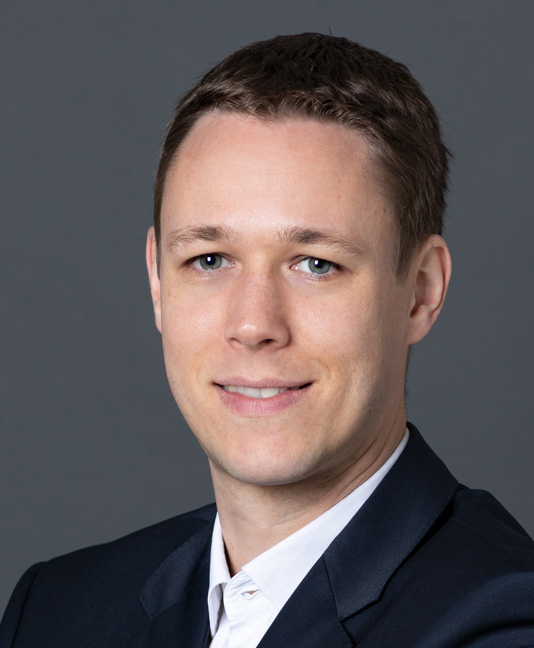These isolated assessments are often rather difficult, because ESG factors always correlate with traditional factors and KPIs. One way of looking at it is that businesses that perform well in terms of environmental scores are assessing future challenges more accurately, and this in turn makes them more successful as a company over the long term. The same is true of socially engaged businesses that put the focus on their employees. Human capital is becoming more and more vital when it comes to remaining competitive in the long run. In the area of governance, businesses primarily aspire to achieve a good level of diversity and a certain independence with the right incentives (salaries and bonuses), which also leads to better decisions within the company over the long term.
Good management in this area promises higher returns in the long run. That is the first aspect that the financial market aspires to. The other is the minimisation of risk. Political or environmental risks now require transparent management on the part of the business. The challenges in this regard will continue to increase, meaning that we, as wealth managers, need to include this aspect in our analyses for the sake of protecting our clients’ capital.
